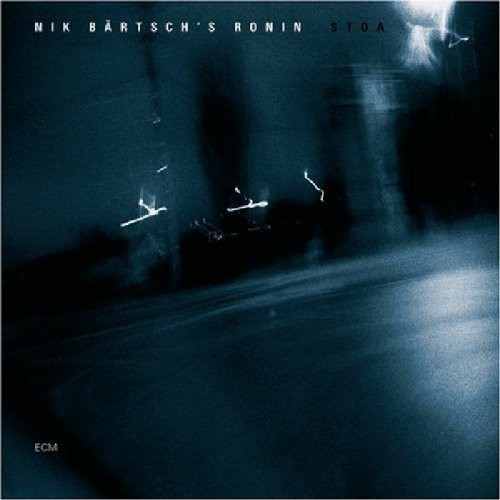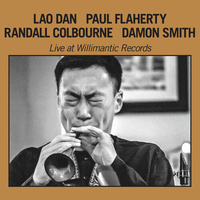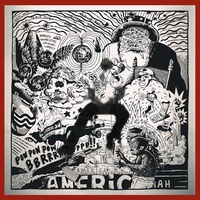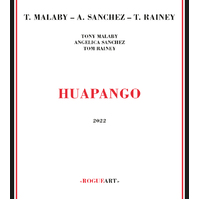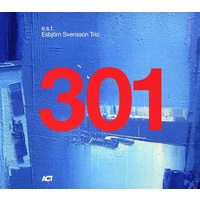2006 Release
What is this music that throbs so relentlessly, as it dances in juxtapositions of odd and even meters? For all its dynamic attack, it is clearly not ‘jazz’. Although jazz is part of Swiss pianist and composer Nik Bärtsch’s background, and improvisation has a circumscribed role to play in his pieces, this is not ‘self-expression’ music. Some listeners at Bärtsch’s Zurich club concerts, and a handful of pop critics, have spoken of affinities with “trance” and “ambient” music, but there are no electronic “loops” deployed on “Stoa”. The Ronin band’s complex, iterative grooves are generated in real time (no overdubs) by musicians playing with a tightly-focused discipline, and a very determined, or stoical, grip on the concept of time-playing. More than this, where the drones of “trance” may put you uncritically to sleep, Bärtsch would sooner wake you up. Heightened attention and clarity are the goals.
The music’s interlocking rhythms and modular, repetitive constructions will make more experienced listeners think of the pulsating patterns of ‘classic’ minimalism. Bärtsch is no stranger to the sound-world of Steve Reich, for instance, a composer ECM helped to introduce, and appreciates the way in which ostensibly ‘simple’ material is given time to develop in minimalism, but his own pieces for Ronin deal in rhythms and beats, rather than Reichian ‘pulses’. It is a significant difference. Where minimalism is often concerned with the illustrating and solving of a given musical problem, this is not enough for Nik Bärtsch, who enjoys the “physicality” of the band context, its organic meshing of textures. He says that Ronin plays “Zen-funk”, a label intended to be descriptive, provocative, and, well, Zen-paradoxical. He acknowledges the influence of both Eastern philosophy and James Brown’s earthy ostinatos and differentiated rhythm upon his musical thought.
The compositions on “Stoa” were written during a six month stay in Japan from September 2003 to March 2004, when Bärtsch, with the aid of a City of Zurich ‘Werkjahr’ Award, was finally able to get to the country that had held a powerful appeal for him for twenty years. At 14, Akira Kurosawa’s film “Ran” almost instantly converted him to Eastern aesthetics. Ronin is, accordingly, named for the freelance warriors (see, for instance, Kurosawa’s “Seven Samurai”) who served no master and were unaffiliated to any clan. Japanese ritual music, including the music of the Noh theatre, has influenced Ronin’s work, but at an almost subterranean level. There is no overt importing of elements from other cultures although the music is inspired, philosophically, by many of them...
(60249873631)
| SKU | 60249873631 |
| Barcode # | 60249873631 |
| Brand | ECM Records |
Be The First To Review This Product!
Help other Birdland Records users shop smarter by writing reviews for products you have purchased.

